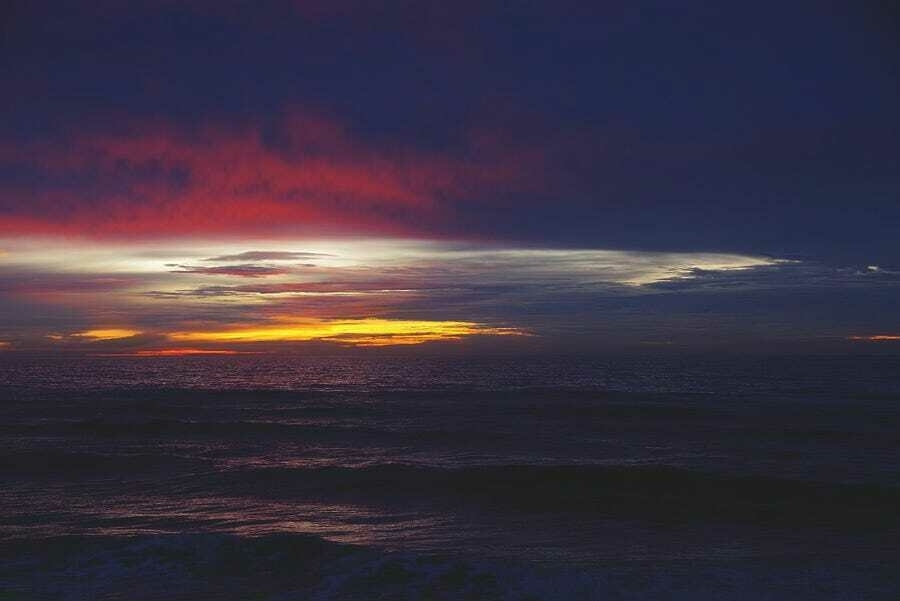O Oriens
Come, O Dayspring
Friends,
Today’s O Antiphon is below—in its Latin, English, and adapted forms. Subscribers can keep reading below the image for a short reflection and another response poem by the brilliant Fr. Malcolm Guite. I hope these brief moments of reading and reflection help you capture the heart of Advent in this busy final week before Christmas.
O Oriens
Latin Text O Oriens, splendor lucis aeternae, et sol justitiae: veni, et illumina sedentes in tenebris, et umbra mortisEnglish Translation O Dayspring, splendour of light eternal and sun of righteousness: Come and enlighten those who dwell in darkness and the shadow of death.
O Come, O Come, Emmanuel Adaptation O come, O Bright and Morning Star, and bring us comfort from afar! Dispel the shadows of the night and turn our darkness into light.
A Poetic Response, by Fr. Malcolm Guite
The "Bright and Morning star" or "Dayspring" refer to the first ray of light appearing when the darkness of night is pierced by the sunrise. The beauty of the first trace of the sunrise has captured the attention of poets for millennia, from the prophet Malachi's "sun of righteousness" to Francis Scott Key's "by the dawn's early light."
It is no accident that the Church prays O come O Bright and Morning Star on December 21st. This is the winter solstice; the day that contains the shortest period of daylight and the longest night of the year. And on this winter solstice, Fr. Guite's poem helps us remember that Jesus is our Bright and Morning Star.
O Oriens / O Dayspring First light and then first lines along the east To touch and brush a sheen of light on water As though behind the sky itself they tracedThe shift and shimmer of another river Flowing unbidden from its hidden source; The Day-Spring, the eternal Prima Vera.
Blake saw it too. Dante and Beatrice Are bathing in it now, away upstream… So every trace of light begins a grace
In me, a beckoning. The smallest gleam Is somehow a beginning and a calling; “Sleeper awake, the darkness was a dream
For you will see the Dayspring at your waking, Beyond your long last line the dawn is breaking”.
